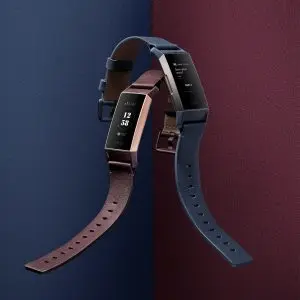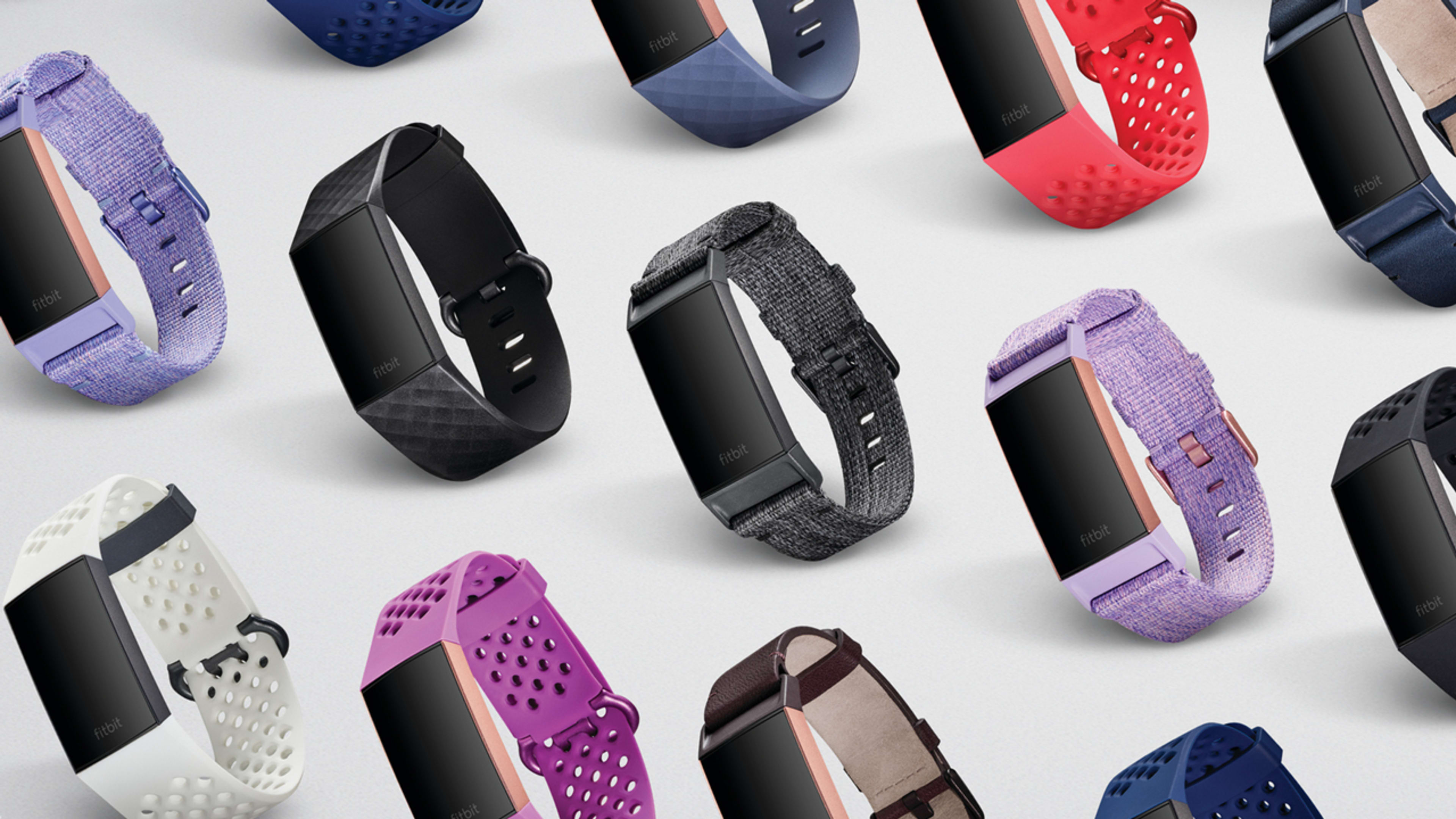Later this year, Fitbit will launch a sleep-monitoring service (in beta) that uses several of the sensors on Fitbit wearables to give users information about how well they’re sleeping. The sleep-tracking program is called Sleep Score, which the company said will work with any Fitbit device that contains a heart-rate sensor.
“Using key metrics tracked by any Fitbit device with advanced 24/7 PurePulse heart rate tracking, Sleep Score will provide a nightly score to help give participants a more complete picture of their overall sleep quality and what factors affect it,” Fitbit said today. Fitbit devices have offered very basic sleep tracking since 2011, but Sleep Score represents the use of more and better sensors, and more complex algorithms.

The new SpO2 sensor, paired with some advanced algorithms, can also detect signs of allergies and asthma in the user. Fitbit will not diagnose these conditions, but may advise a user that there’s reason to talk to a doctor based on the sensor data collected by the wearable. (Fitbit declined to provide screenshots of the sleep app, saying the UX is still under development.) As such, Fitbit needs no approval by the Food and Drug Administration for Sleep Score, the company said. A Fitbit spokesperson says the company is now running clinical trials on future products–software or hardware–that are more diagnostic in nature and will require the oversight of the FDA.
The Charge 3
One of the devices that will include the app is the Charge 3, a new wearable Fitbit announced today. Fitbit’s Charge devices have been the company’s best-selling; the company says it’s sold more than 35 million of them so far. Like others in the line, the Charge 3 is not a smartwatch but rather a more basic device that’s focused on health tracking.
While smartwatches like the Apple Watch tend to get more attention, Fitbit insists that a great many consumers still want fitness trackers. The company cites internal research saying that 42% of adult consumers who considered buying a wearable in the last year wanted a tracker versus only 36% who wanted a smartwatch.
Not that the Charge 3 doesn’t have some cool features–including expanded smartphone notifications, goal-based exercise modes (including swimming), and female health tracking. Perhaps most importantly, the Charge 3 costs $150, significantly less than the Fitbit Versa smartwatch, which sells for $250, and the Apple Watch, which starts at $249 (for a Series 1).
It also has a new kind of function button, which Fitbit calls an inductive button. It looks like a little inward indention in the side of the device. The button doesn’t move up and down like a mechanical button, but rather detects (through an internal sensor) the press of the user’s finger and responds with a little haptic feedback. The shell of the device moves less than 1 micron (0.001 millimeters).
With the Sleep Score beta, Fitbit may be jumping ahead of Apple. People on Apple’s health and smartwatch teams have taken a keen interest in sleep science, a source tells me. But so far Apple has not built native sleep-monitoring apps or special sleep-detecting sensors into the Apple Watch.
It’s likely they will. Last year Apple bought the Finnish sleep science company Beddit, which makes both sleep apps for smartwatches and a sleep monitor sensor pad that slips underneath the mattress. It’s been widely speculated that Apple will eventually build functionality similar to that offered in the Beddit apps into the Apple Watch.
But unless Apple launches that functionality in September when it announces the new Apple Watch (there’s a pretty good chance of this), Fitbit will have taken the lead.
Correction: An early version of this story portrayed Fitbit’s Sleep Score as a smartwatch app. Actually, the sleep monitoring data will be delivered to users via a desktop experience.
Recognize your company's culture of innovation by applying to this year's Best Workplaces for Innovators Awards before the extended deadline, April 12.
